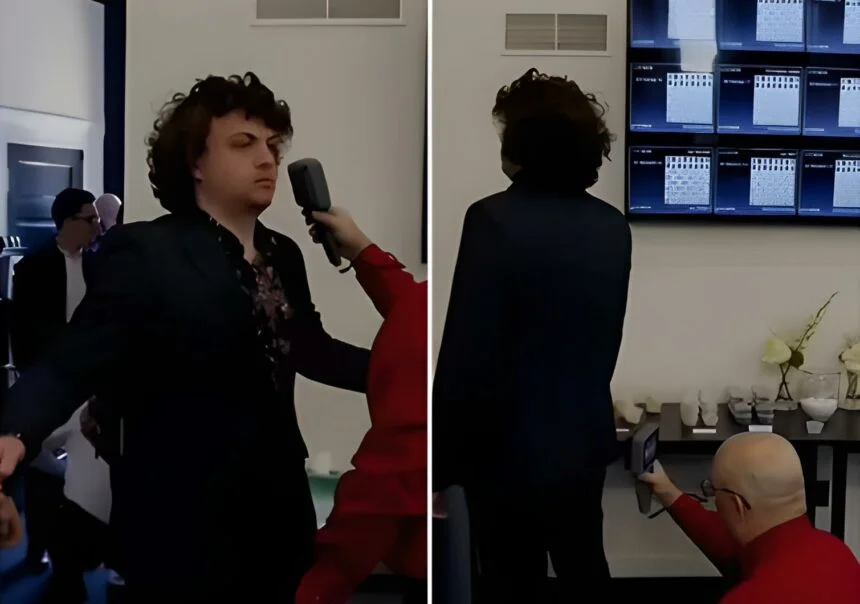Hans Niemann, the contentious 19-year-old whom Magnus Carlsen, the world champion, accused of perhaps cheating, got off to a quick start in the $262,000 US championship in St. Louis, but later faded and finished eighth after eight of the contest’s 13 rounds.
The adolescent won the first round and said, “I don’t need to explain it; it’s such a lovely game.” With White and a passed piece against the French Defense in round two, he had a winning chance. A mistake at move 25 cost him both the pawn and the victory, which would have put him clearly in the lead of the championship on 2/2.
From round two, Niemann has largely struggled. He lost to the former world No. 2 Fabiano Caruana in round four, was destroyed by Ray Robson’s counterattack in round six, and resigned from an even position at move 20 to move 28 in round seven before drawing with the out-of-sorts Levon Aronian in round eight on Thursday.
The St. Louis tournament organizers spent several thousand dollars bolstering their security precautions with metal detection scanners, radio frequency detectors, and even scanners that look for silicon devices before the competition started. Except for a small number of organizers and journalists, spectators were forbidden. To prevent any potential computerized analysis of the present position from being communicated to a player, the live online broadcast has a 30-minute delay.
Fide, the organization that oversees chess worldwide, has formed an inquiry team. It is likely to deliver its findings within a few weeks and may criticize Carlsen for leaving the Sinquefield Cup after having lost to Niemann without any concrete proof of unfair play. Significant action is unlikely until the surface because Fide’s needed threshold of proof is over 99 percent, and its anti-cheating expert Professor Ken Regan has already stated that he discovered no evidence against Niemann.
The current best judgment is that the issue may smolder into a tense standoff. Niemann’s current subpar play in St. Louis makes it exceedingly unlikely that he will crack the top 10 or 20, thus Carlsen should be able to stay away from him in the future. The American’s options may be limited after that, but he only faces the potential for a formal suspension from playing board chess if actual proof is presented against him.












